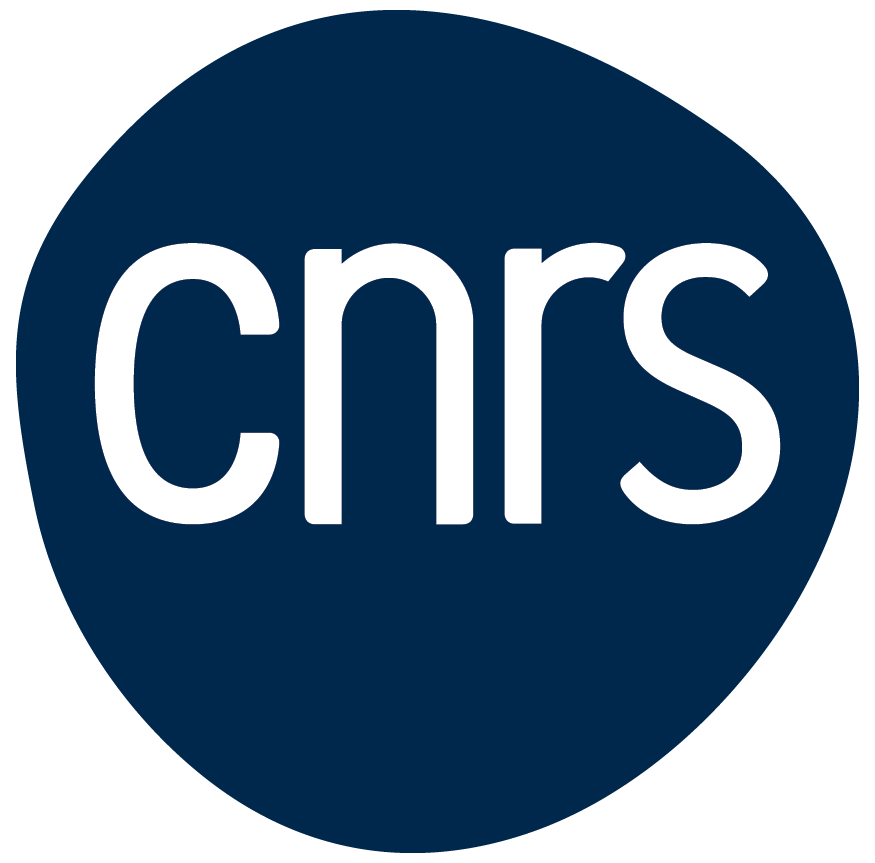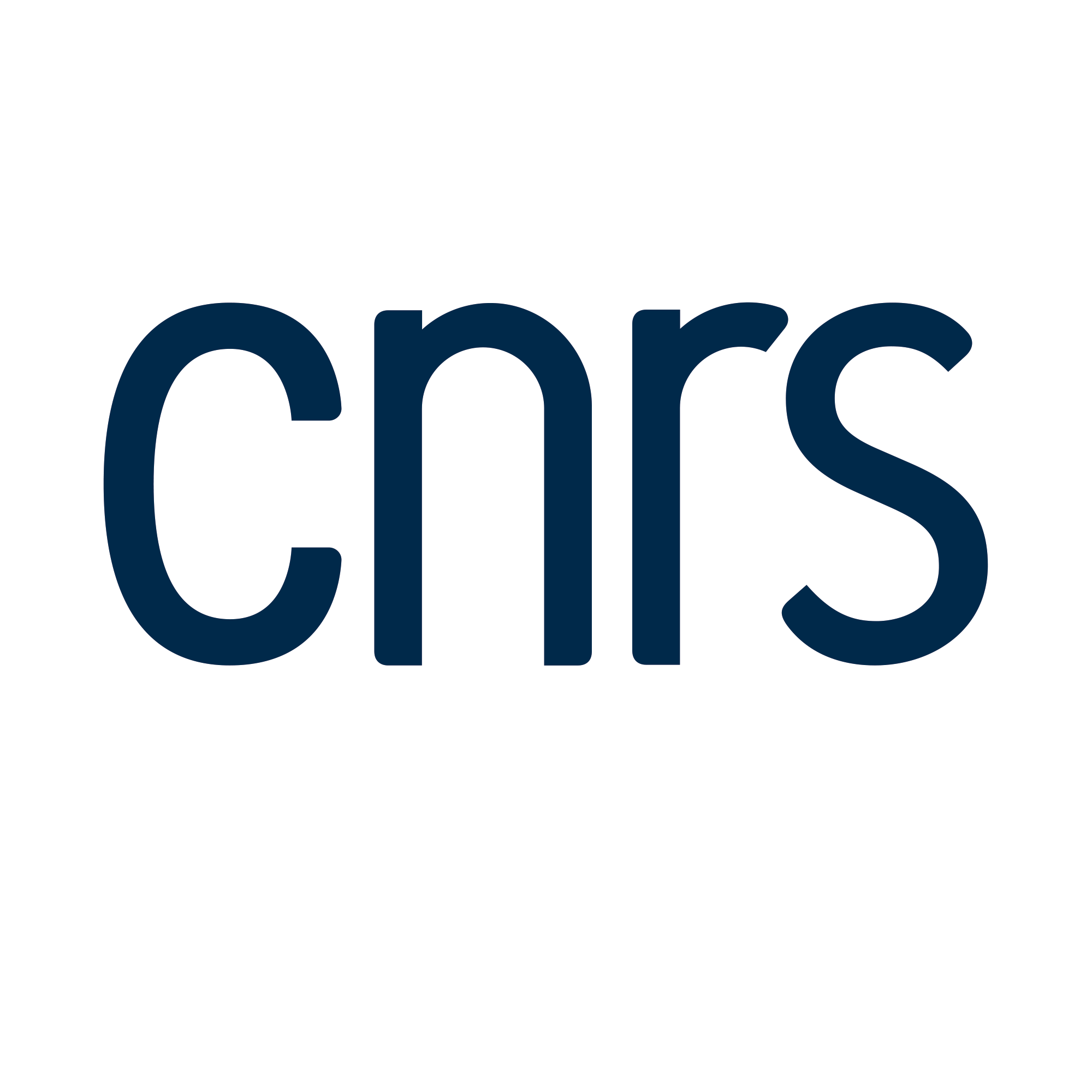The TAAM conducts its activities with mice and rats and, each day, we respect the animals we work with as sentient beings and give them the proper care they need. The TAAM is deeply involved in ethics and animal welfare.
“Good animal care and good science go hand in hand”.
(National Institutes of Health (U.S.). Animal Research Committee)
Biology and diseases are studied on whole, living organisms and animals have been used for centuries in order to develop human knowledge. Thanks to biology, medicine and the researchers in physiology involved in animal research, understanding of disease and discovery of new treatments have greatly improved. It is only since the 19th century that using animals in scientific research has become a subject of social debate with the development of Animal Rights groups. Regulations have also changed alongside this societal shift.
The CNRS has recently published an instructive video summarising the evolution of these changes in regulations and which is accessible to all on line.
Since 2013, in France, as throughout Europe, animal research is conducted in accordance with the la European Directive 2010/063/UE of 23 September 2010. Projects involving animals must be justified by ethics committees and approved by the Ministry of Research before being implemented on site.
Mice receive a complete health check, similar to a person on admission to hospital: the phenotypic analyses are conducted with particular attention to stress and pain management, and blood tests and ultra-sound scans are performed under anaesthetic so as to minimise the stress induced by these procedures.
On the basis of the current state of knowledge, the complexity of mammal organisms makes the use of animals crucial to research.
Given its similarity with human biology and its easily modified genome, the laboratory mouse is, without doubt, the most suitable model organism for studying human genetic diseases. Characterisation of the mouse genome has revealed new gene functions and their role in human diseases. The International Mouse Phenotyping Consortium (IMPC) aims to produce a complete catalogue of mammal gene functions. The first results of a catalogue of the functional genes in the laboratory mouse have been disseminated amongst the biomedical research community on the basis of an analysis of 3 328 essential genes (15% of the mouse genome encoding for proteins) and have highlighted new perspectives on an array of rare diseases and the possibility of accelerating the development of new treatments and precision medical care (published in Nature Genetics, June 2017).
However, fundamental research studies, such as phenotyping, extend the limits of knowledge which, in the near future, will make it possible to develop more reliable in-vitro, or even in-silico, models, thus reducing animal testing without impacting the quality of scientists’ work.
PHENOMIN supports the Basel Declaration, which calls for more trust, transparency and communication on animal research, adopted on November 29, 2010 on the occasion of the first Basel conference “Research at a Crossroads” organised by the Basel Declaration Society (BDS). The aim of the Basel Declaration Society is to make the general public more aware of the importance of animal models in experimental biomedical research, to promote communication between the research community and the public and to foster acceptance of the Basel Declaration. Just like the Helsinki Declaration, which changed the ethical landscape of clinical research on humans forever, the aim of the Basel Declaration Society is to unify the scientific community in their efforts to implement ethical principles such as the 3Rs each time animals are used in Research.
In addition to ethical principles, PHENOMIN has also drawn up a list of good practices for assessing the welfare of each laboratory rodent, which is crucial in the case of harmful phenotypes.
Due to a lack of information, the general public often misunderstands the reasons for animal testing and the conditions in which it is practised. This sometimes results in incomprehension and misconceptions. The Gircor, (Groupe Interprofessionnel de Réflexion et de Communication sur la Recherche) an inter-professional group of reflexion and communication on research issues, gathers together biological or medical research institutions in France to respond to the need for clear and open information.
Finally, by gathering information on on-going research, the Gircor describes and explains the conditions in which research on animals is conducted. Available to the general public, the Gircor answers everyone’s questions: https://www.recherche-animale.org/qui-sommes-nous


